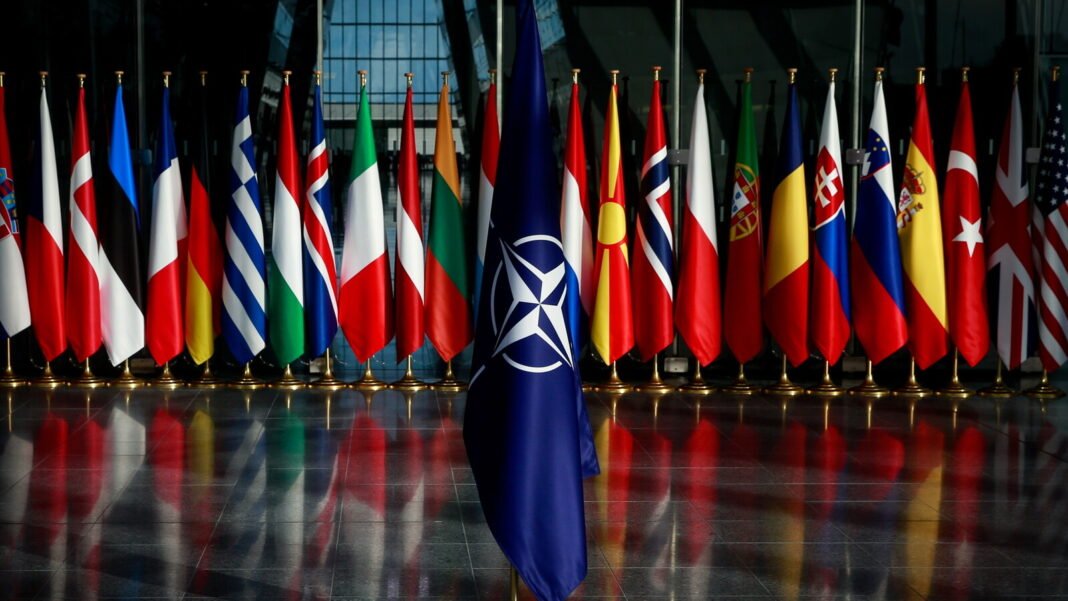The NATO spending debate has taken center stage as downing street confirms ongoing discussions about military budget targets. While the UK plans to increase defence spending to 2.5% of GDP by 2027, NATO chief Mark Rutte is urging members to commit to 3.5% by 2032. This push comes ahead of a critical NATO summit later this month.
The NATO spending debate follows the UK’s recent defence review, which outlined a shift toward “war-fighting readiness.” However, some allies argue the current targets fall short. Eastern European and Nordic nations have already pledged to meet Rutte’s proposed 3.5% threshold. Meanwhile, US President Donald Trump continues to pressure NATO members to ramp up contributions.
A No. 10 spokesperson reaffirmed the UK’s commitment to NATO but avoided confirming whether it would adopt the higher target. “We’re already the third-largest contributor in cash terms,” they said. “Discussions on commitments are standard before any summit.” The government maintains its current plan—reaching 2.5% by 2027 and 3% by 2034—is sufficient.
Yet, the NATO spending debate has sparked political friction at home. The Conservatives and Reform UK argue the 3% target should be met by 2030, not 2034. The Office for budget responsibility estimates hitting 3% earlier would cost an extra £17.3bn. A further increase to 3.5% could force tough spending trade-offs elsewhere.
Prime Minister Keir Starmer has dismissed setting rigid deadlines without funding plans, calling it “performative fantasy politics.” Meanwhile, Rutte’s proposal includes an additional 1.5% for cybersecurity and infrastructure, bringing the total recommended spending to 5% of GDP.
With the NATO summit approaching, the UK faces mounting pressure to clarify its stance. With Russia’s ongoing war in Ukraine and increasing instability in other regions, NATO members are under scrutiny to demonstrate stronger collective defense capabilities. Failure to meet higher spending targets could strain alliances and weaken deterrence at a time when geopolitical threats are escalating.
For more political updates, visit London Pulse News.


